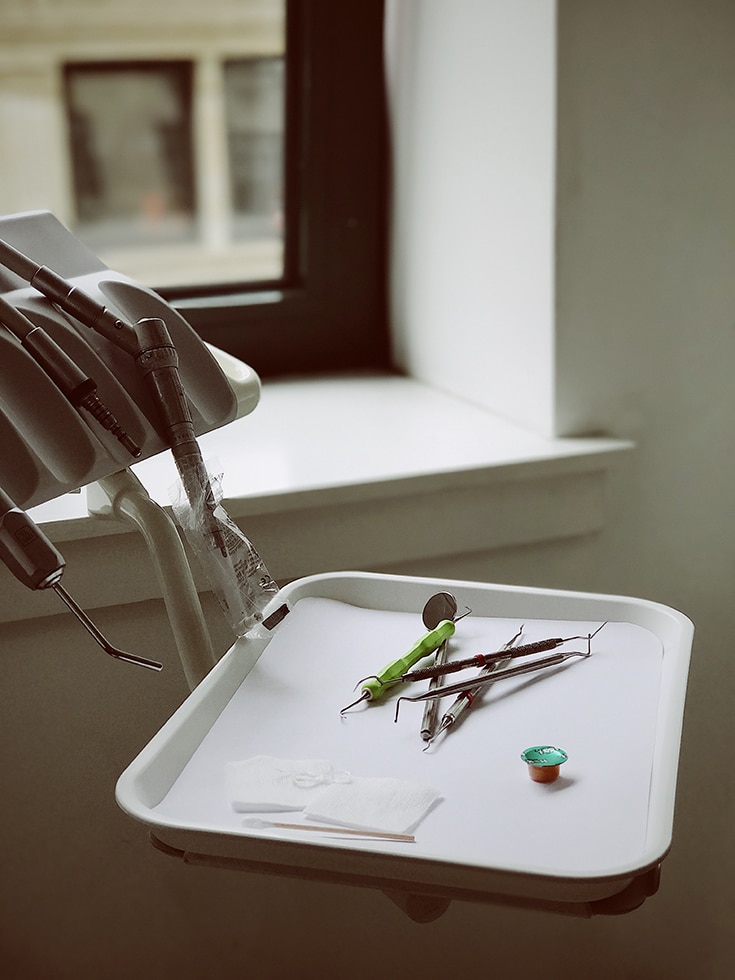What to Do in an Oral Health Emergency

Photo by Jon Tyson on Unsplash
With many of us planning Spring Break vacations, we’re addressing what to do in the event of an oral health emergency while traveling.
Your oral health should be one of your top priorities. But unlike a broken arm or intense stomach pain where you would seek out emergency care from a hospital or urgent care center, there isn’t an emergency care center for oral health needs. And hospitals typically don’t have dentists on call to treat these needs.
We understand that accidents happen and want to make sure our patients receive immediate care. If you find yourself away from your dentist and find that your emergency warrants the professional treatment, use our “Find a Dentist Near Me” search tool to find a doctor in our network that can see you immediately. Otherwise, if it can wait until you return, be sure to schedule an appointment or make plans to walk in so our staff can see you and assess the problem.
There are some ways you can help reduce future complications while waiting to receive care from your dentist. We talked to our dentists and came up with the following list of emergencies and ways you can improve the outcome later on down the road:
1.Toothaches
For an overwhelming toothache, patients are advised to soothe the pain with a cold compress, rinse the mouth with salt water to alleviate inflammation and kill bacteria, floss around the area or apply numbing gel. If these remedies fall short call an emergency dentist.
2. Knocked-Out Teeth
If this happens, remain calm and concentrate on the tooth. Pick up the tooth by the crown to avoid soiling the root with dirt, pathogens or bacteria, then push the tooth back into the socket and biting down to secure it in place. Call an emergency dentist immediately. If seen within the hour, they will be able to put the tooth back in its socket.
3. Cracked/Broken Teeth
See a dentist immediately. The sooner you receive treatment the more likely it is that the dentist will be able to reattach the tooth.
4. Lost Filling or Crown
These are not considered emergencies, but if intense pain is experienced following the loss of the filling or crown call an emergency dentist.
5. Dental Abscess
It is recommended to follow the same steps for as a toothache and closely monitor the area in case the abscess begins to affect the tooth’s root or enter the blood stream. Seek immediate treatment for dental abscesses, especially if you have a fever or are in severe pain.
6. Injuries Resulting in Tissue Bleeding
For this, visit an emergency room immediately.
For more information on oral health emergencies visit our website.

